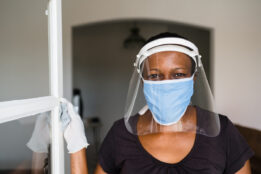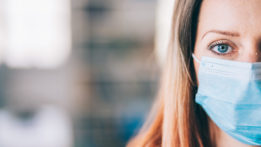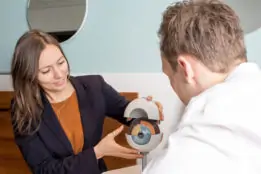Coronavirus and Your Eyes: Tips for Caring for Your Eyes
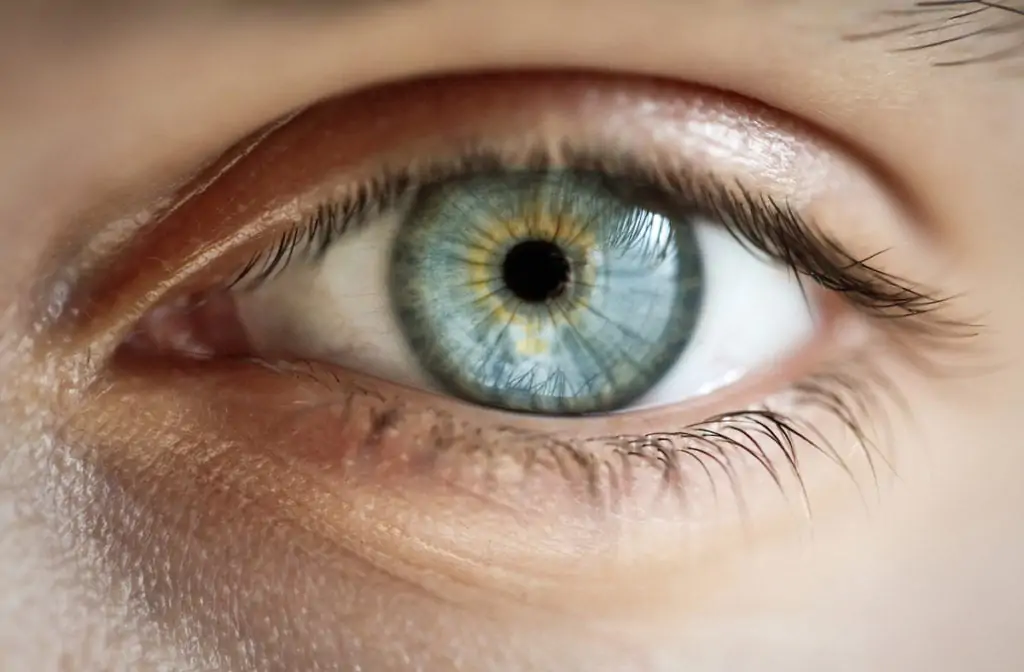
With so much emphasis on health right now, and everyone feeling a little uneasy, you may be wondering about your eyes and Coronavirus. Experts believe that while you’re not likely to get the novel coronavirus – or any virus — from the eye itself, avoiding touching your face is critical as we navigate through the COVID-19 pandemic. We are offering the following tips for keeping your eyes healthy:
- For those who wear contact lenses, there is currently no evidence that contact lens wear poses a particular risk of eye infection with coronavirus (COVID-19). But, what is even more important now is to follow strict contact lens hygiene. This includes washing your hands with soap and water for 20 or more seconds, before and after touching your face and eyes, and following the proper regimen for daily contact lens disinfection. Make sure you have plenty of fresh cleaning supplies and solution on hand to care for your contact lenses properly.
- Practicing excellent hygiene is just as important for eyeglass wearers. When wearing glasses, take the time to clean and disinfect them daily as well. Make sure your hands are freshly washed before adjusting them.
- According to some experts, glasses also may provide a tiny bit more eye protection from any coronavirus virus particles floating in the air. They also may help deter you from any face-touching habits. It’s worth repeating: avoid touching your face – especially your mouth, nose and eyes.
- Finally, be sure you have stocked up on any over-the-counter eye drops or prescription medications you may need for your eyes.
When To Call Your Eye Doctor
Federal, state, and local responses to the pandemic may impact and limit your doctor visits. But, while we need to practice social distancing, know your ophthalmologist is only a phone call away and available if you have an eye problem. It’s important to immediately contact your eye doctor if any of the following symptoms arise:
- You notice changes in your vision (sudden blurriness or waviness)
- You notice a lot of new black spots, “floaters” or flashes in your vision
- You suddenly lose some vision
- You have eye pain or red eye
Even though everyone is conserving medical resources to help respond to the pandemic, your eye doctor is available to help diagnose and treat new, troubling, or worsening eye problems. If you have any concerns, don’t hesitate to call your eye doctor for guidance. This may be as simple as a quick phone call to the office or an in-person or telemedicine visit with your eye doctor. Your good vision depends upon the health of your eyes – especially during this time.
For more information on keeping your eyes healthy during coronavirus pandemic, the American Academy of Ophthalmology offers additional tips and resources.

